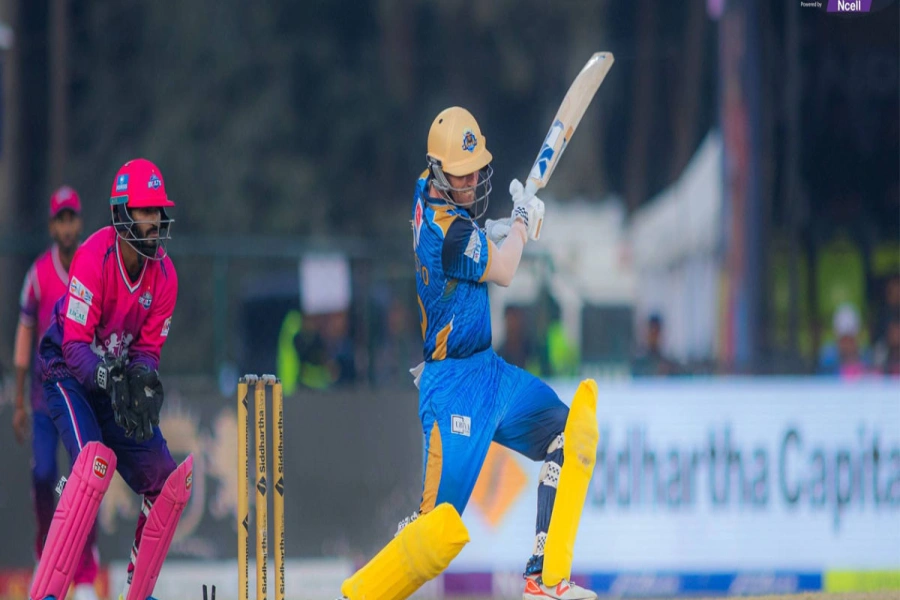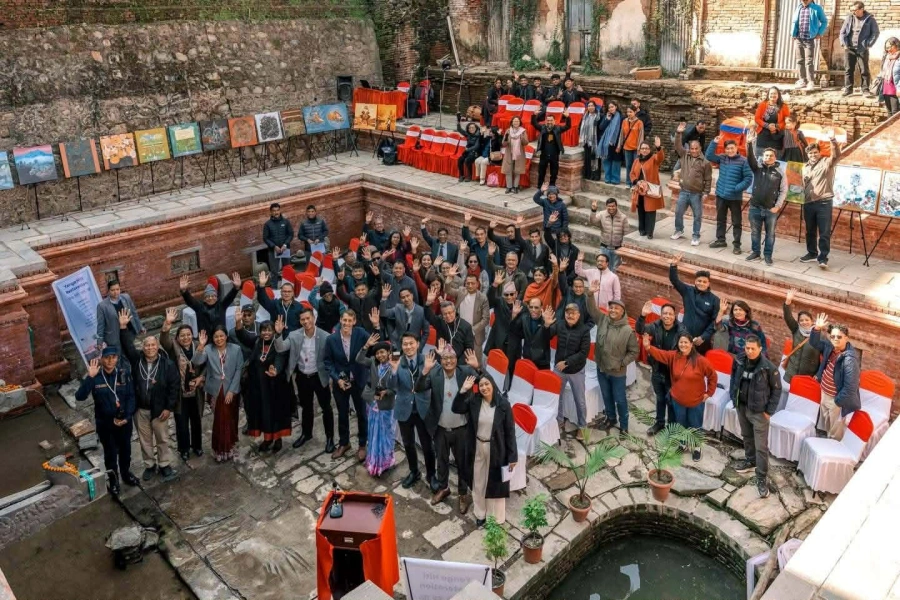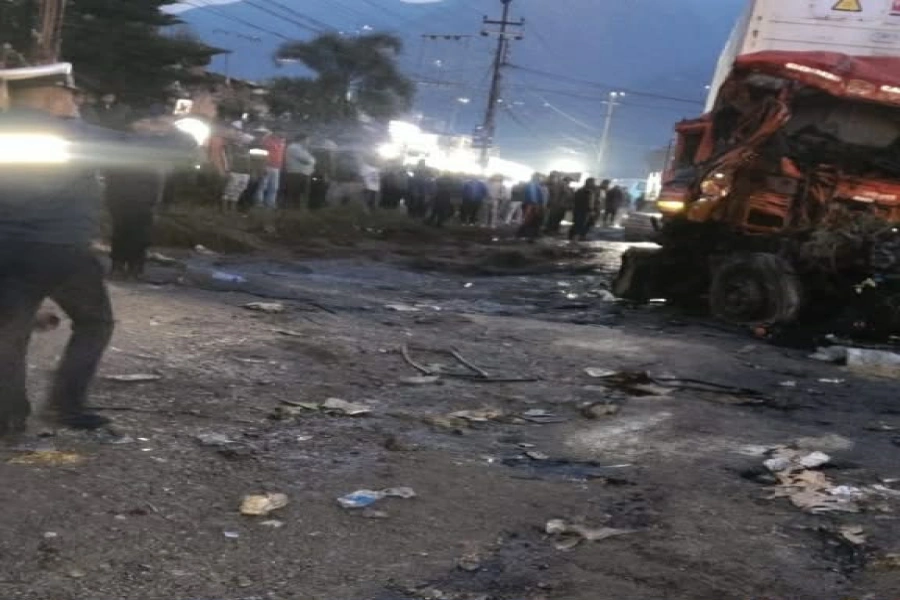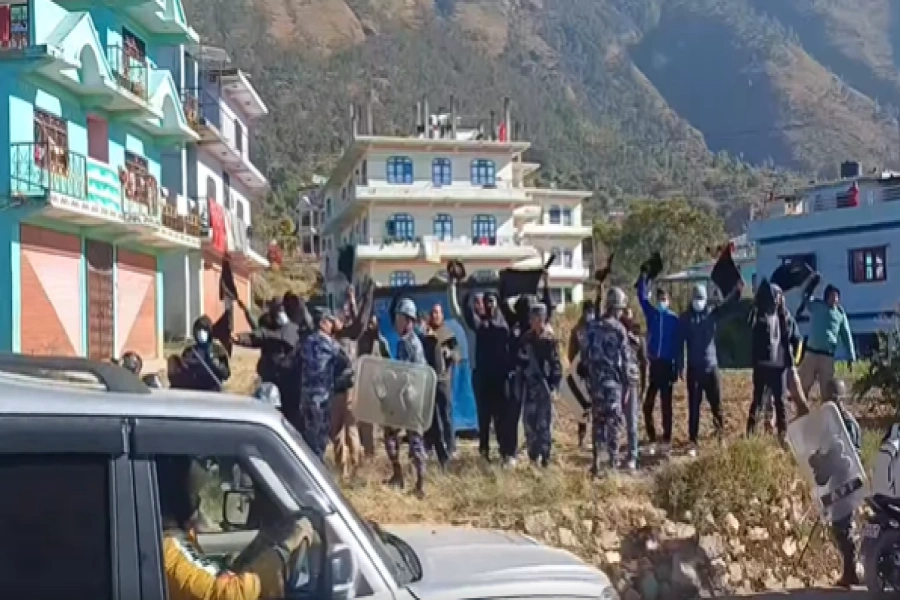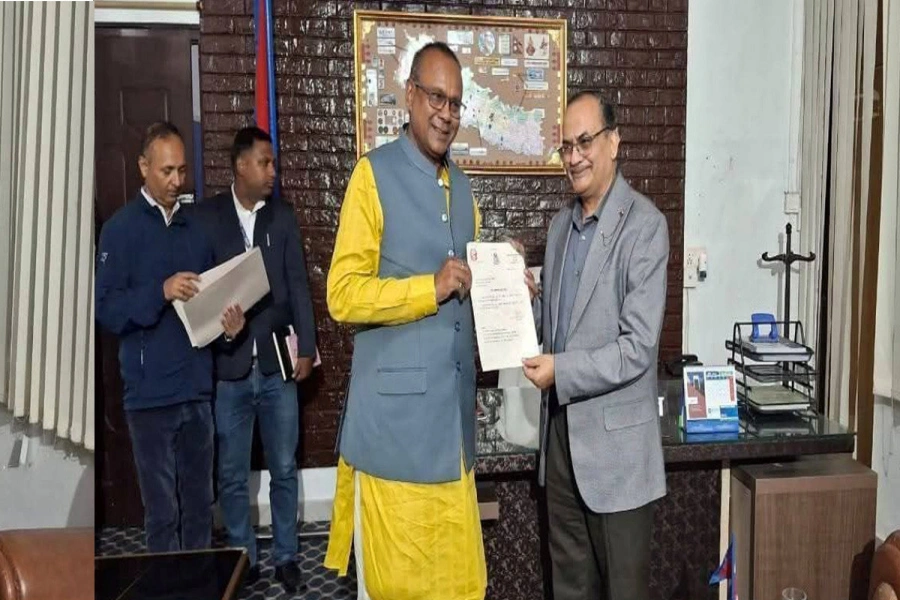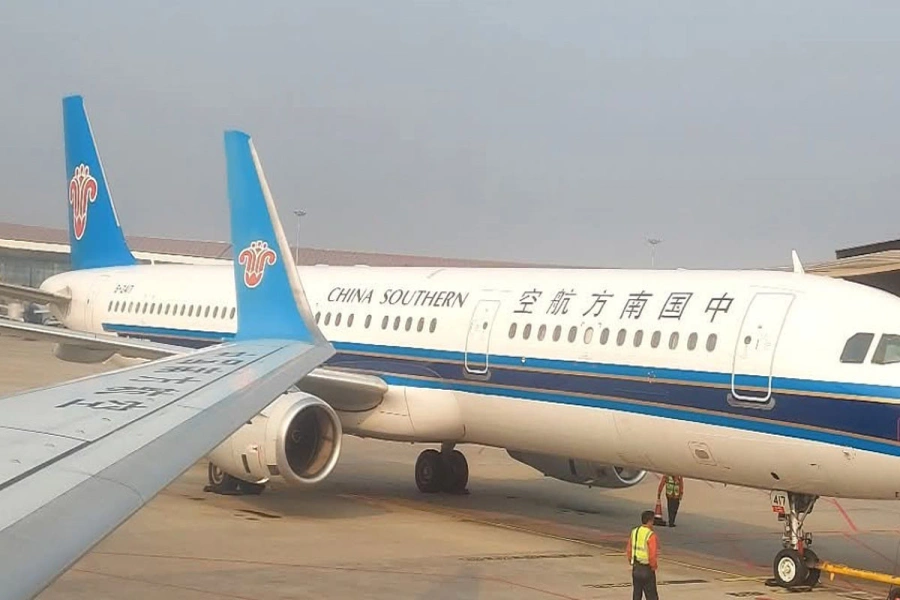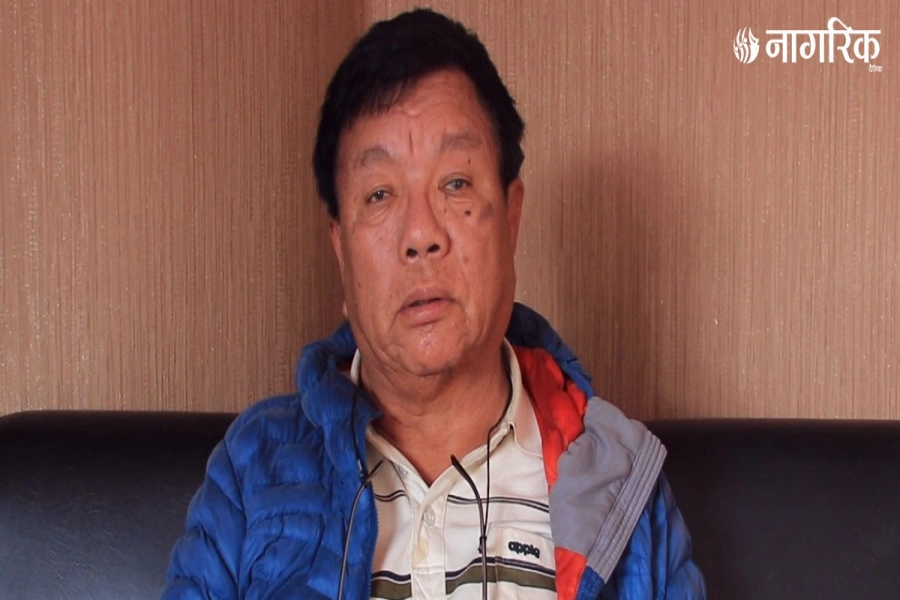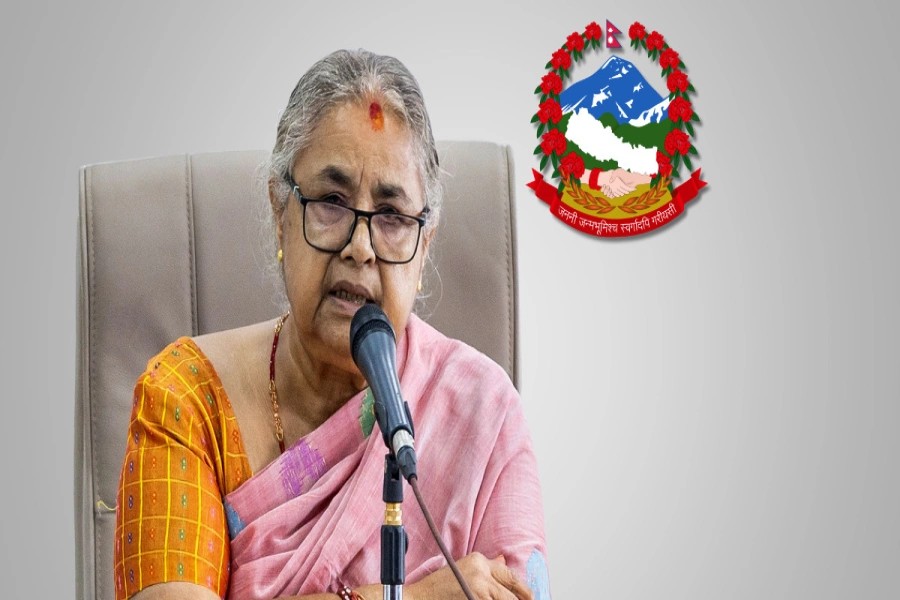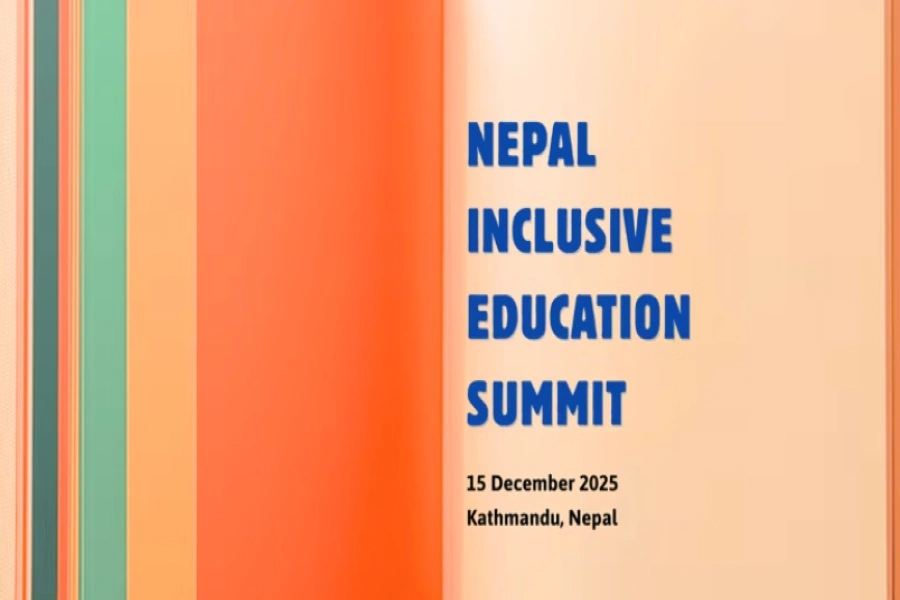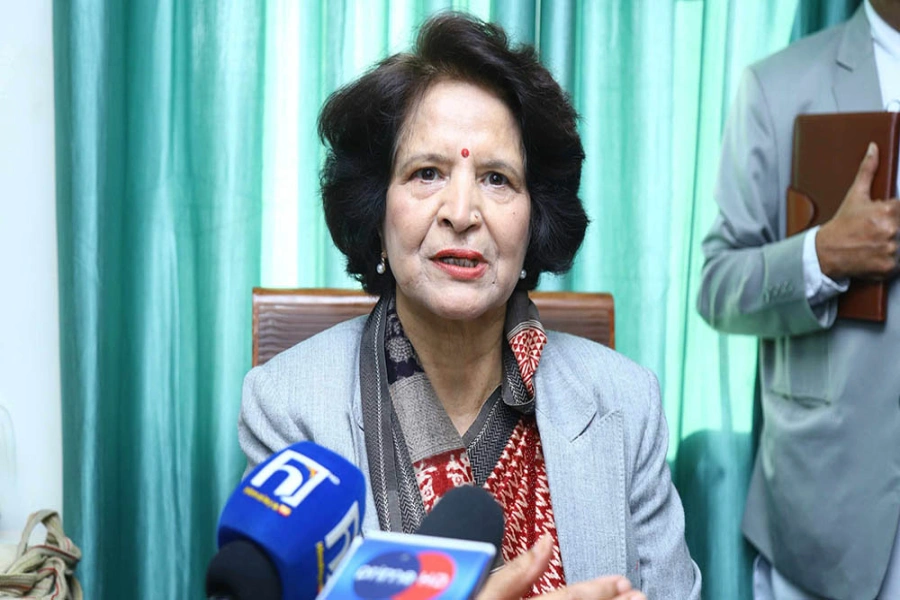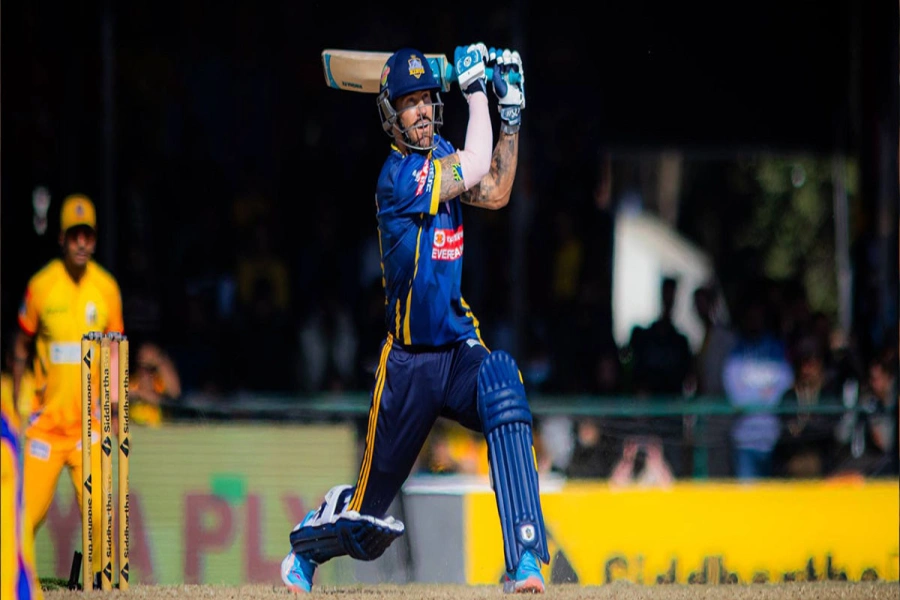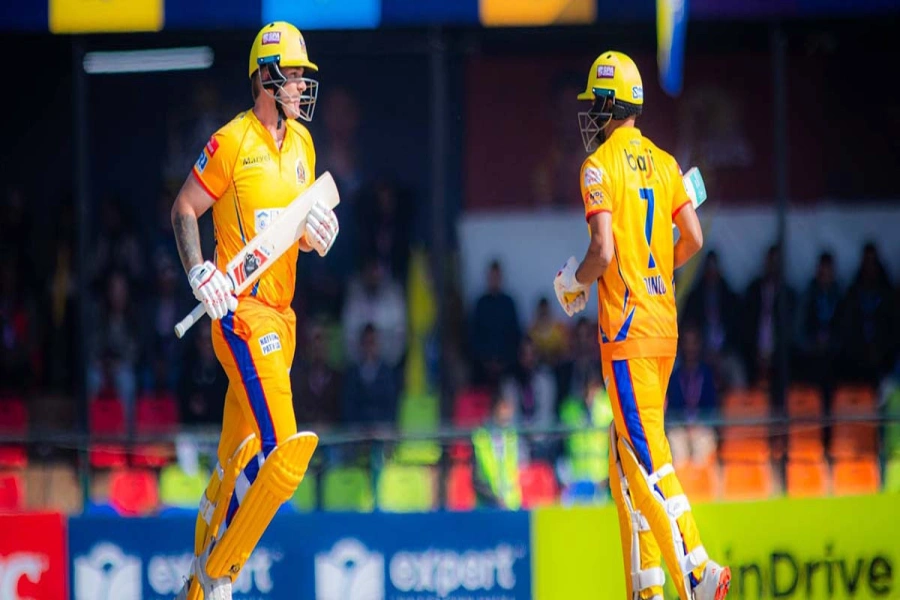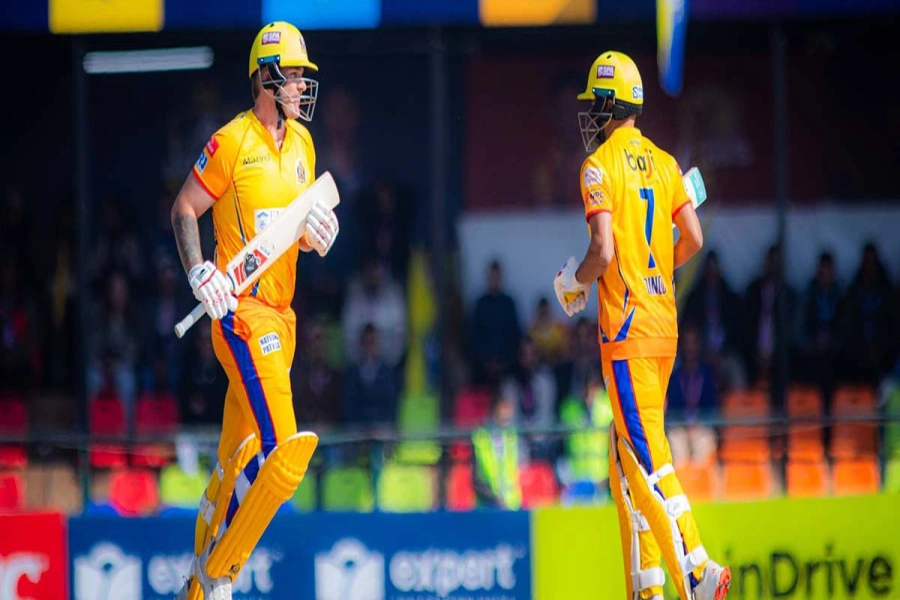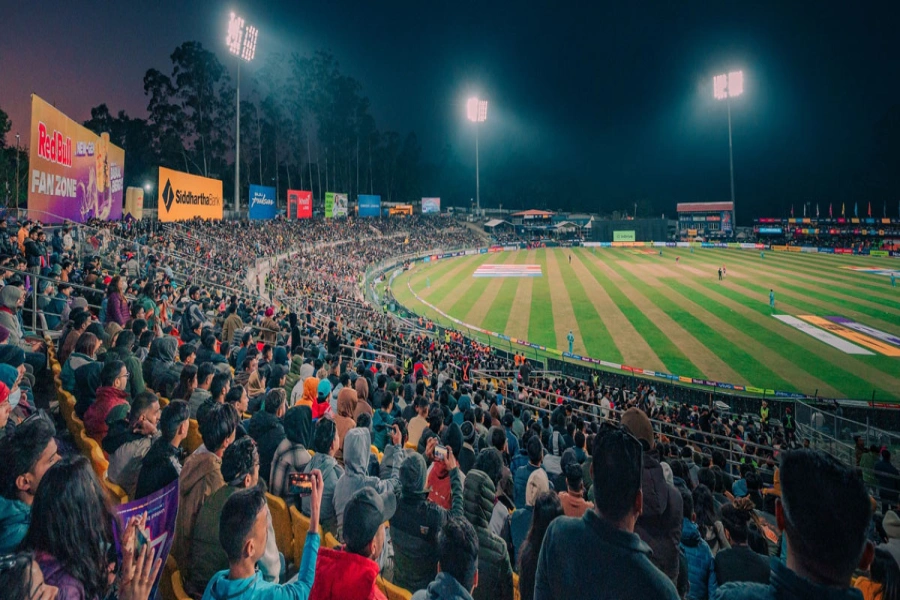How can sufficient service delivery and development across Nepal be possible as long as the political leaders do not end inter- and intra-party politics, desisting from racing to becoming a PM or ministers for power, posts and wealth acquisition, considering the political sector a lucrative business industry and employment center, as the trend shows? How Nepal can free itself from the clutches of wrong political hands?
How can a nation and its people escape harms of inter- and intra-party politics? The ongoing political party intrigues and conflicts are counterproductive to scoring the national development, prosperity and happiness objectives. Political parties are only the ‘means’ and not an ‘end’ in themselves. It means that parliament derives its power only from the people. People pay their tax money not to nourish political parties and their engagement in power games and conflicts where a major chunk of the national time, energy and economic resources including state machineries and physical facilities are being used and misused. Inter- and intra-party power tussles have overshadowed resolving national issues of criticality.
For some, the dissolution of the national parliament was absolutely undemocratic and unconstitutional and could potentially serve as a precedence in the future. But for many others, it was the need of the hour, given the prolonged intraparty intrigues and conflicts of futility, and a departure from achieving optimally the core business of national development. To them, the inorganic unification between CPN (Maoist Center) and CPN-UML into NCP (Nepal Communist Party) having party co-chairs from two different political backgrounds of extremity for simply scoring a majority government as it was proved illusory which eventually caused political chaos and harms costing the country. Political party leaders’ nobleness-deficit and erratic, whimsical, egoist and irrational political behaviors are responsible for that. Exchange of sizzling words of allegations, criticisms and discredits between the split NCP factions before and after dissolution of the national parliament in December last year on different occasions and public forums was adolescence, but revealing to the people and the civil society to distinguish the merits and demerits of the political leaders involved and to identify and vote for the righteous candidate in the next elections.
9th National Games: There is no coach in Gandaki Province

Nepal is trapped in a vicious cycle of inter- and intra-party rivalry and conflicts due to a handful of ever-competing senior political leaders scheming to grab the high office of premiership, camouflaging in ever-changing political ‘hats’. Power-centric politics for superseding and coming to power by resorting to arithmetical power equations and ‘horse trading’ in the national parliament to topple the government as witnessed ever since the 1990/91 political transition to a new Constitution where the monarchy was limited to becoming only constitutional and more so since 2008, has been detrimental, causing political instabilities. Inexplicably, there have been 11 PMs since 2008; and from 1990 till now there have been altogether 27 PMs and a few of them for several times, meaning an average of a little over one year of office per PM.
In spite of Nepal transitioning into a federal republican government in 2008, the political sector and their top leaders at times have been criticized for their vested interests such as power and wealth acquisitions. Irregularities and anomalies such as corruption, commission and poor governance are endemic. Meddled and enticed inclinations and obsessions of some politicians toward India, for instance, to meet their political ends are worrisome. The dormant state of inaction of the government for the past three years and likewise of the preceding governments to put the suspected culprits such as for misusing power and authority, and construction contractors for their default and bribing, to trial and punishment, has been serious and questionable.
These quotes synonymously may also apply to Nepal’s politico-bureaucracy: “Power doesn't corrupt. Fear corrupts... perhaps the fear of a loss of power.” (John Steinbeck, 1902, American writer); “You can't get rich in politics unless you're a crook.”(Harry Truman, American President, 1945) “The more corrupt the state, the more numerous the laws.”(Tacitus, Roman Historian). Those who abuse power and authority do so with ‘impunity’.
Considering Kathmandu a land of political Sangri-La or ‘comfort zone’, there has been a heavy top-down demographic conglomeration and obsession to it of a mushrooming number of political leaders and their workforce including bureaucrats and technocrats at the cost of federal decentralization and devolution principle. How can sufficient service delivery and development across Nepal be possible as long as the political leaders do not end inter- and intra-party politics, desisting from racing to becoming a PM or ministers for power, posts and wealth acquisition, considering the political sector a lucrative business industry and employment center, as the trend shows? How Nepal can free itself from the clutches of wrong political hands?
A random study reveals that PM Oli, however lately and astonishingly, seems to be outshining other senior political leaders as PMs of the past in terms of his acumen and competence as having ‘statesmanship’ quality in transforming Nepal to a fast track mode of holistic progress and development across Nepal. The verdict of the Supreme Court of 7th March which led to a split in the NCP to their respective original forms (Unified Marxist-Leninist and Maoist Center, a former rebellion group) was a dramatic twist which Oli seems to have capitalized on to make him popular and powerful. Given ‘merger and split’, a bitter experience where people and nation are victimized, if any reunion of these contrasting and conflicting parties takes place, it could lead to ‘back to square one’ inviting political chaos, as analysts observe.
Imperatives: President and PM positions are to be elected. The statute should be such that it shouldn’t allow any political leader as PM for more than two terms. It is advisable that any voter, like in the West, should refrain from labeling himself/herself as belonging to any political party during polls, so that she/he can independently ballot for the most qualified and capable candidate of their choice. Next, there is a constitutional flaw in the nomination of non-elected political leaders as lawmakers in the national parliament and ministerial positions, and proportional representation in the name of inclusiveness, are undemocratic and are nepotistic, manipulative and producing counterproductive results. Therefore, prior to the next election for a new government, imperatively, amendment to the present Constitution is critical.
The author writes on integrated development issues.




